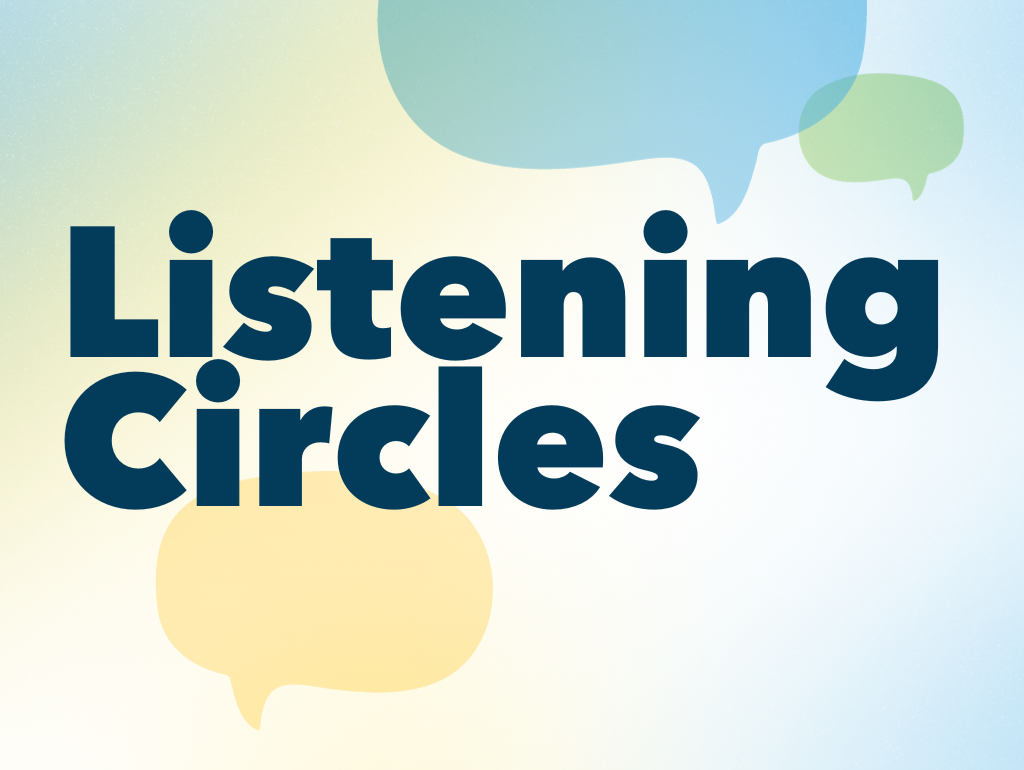Dinner & Dialogue Series
DINNER & DIALOGUE SERIES
Engage in meaningful conversations, learn valuable skills, listen to understand others, and be in community with fellow GW students.
PREVIOUS EVENTS
Stay tuned for new events for the 2024-2025 academic year!
Demystifying the GW Complaint Process
Monday, Feb. 12
Join us for a discussion on complaint processes and related policies at GW through a moderated panel, facilitated by Vice Provost for Diversity, Equity & Community Engagement Caroline Laguerre-Brown.
- Can I report discrimination or bias anonymously?
- How do I file a report about discrimination?
- What do I do if I believe I’ve been discriminated against but I’m not sure what I want to do about it?
- What can I expect from the university’s discrimination complaint processes?
Featured panelists included Jordan Shelby West (ODECE), Christy Anthony (SRR), Jessica Tischler (EEO & ER), and Rumana Riffat (Faculty Affairs).
Identifying & Repairing Identity-Based Harm
Monday, Feb. 26
During this workshop, you will learn how to identify and repair identity-based harm, and put the skills to practice.
Free Speech
Thursday, Jan. 25
Learn about GW's free speech policies and Student Rights & Responsibilities' analysis of them, followed by a facilitated discussion with Dr. Dwayne Wright, Assistant Professor of Higher Education Administration and GSEHD Director of Diversity, Equity, and Inclusion Initiatives at GW. His research and social activism seek to advance educational opportunity and equity for all students, particularly those historically oppressed and marginalized in American society.
How to Have a Conflict Conversation
Monday, Jan. 29
During this workshop, you will learn how to have a conflict conversation, and put the skills to practice.
Listening Circles
Tuesday, Feb. 6
Listening circles are a specific type of circle designed to help people process an event or issue that poses a challenge or harm to
their community or has impacted people in a significant way. They are voluntary, community-oriented forums aimed at providing an
equitable opportunity for all attendees to have voice.
They have roots in indigenous cultures and are backed by research in interdisciplinary studies. They are not focused on problem solving, dialogue, or debating. They are meant for creating a space for expressing, listening, processing, and community building.







